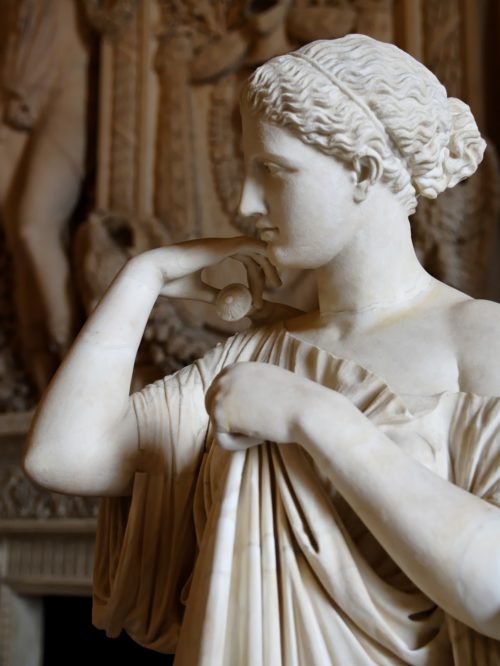“Aesthetic education” is the education of feelings, which had been sidelined by the Enlightenment, resulting in the corruption of moral sensibility and sensitivity. The instrument of aesthetic education is art, and artists, Schiller says, should devote themselves to creating “symbols of perfection.” If such symbols become ubiquitous, and constitute a people’s main cultural diet, so to speak, they will be inspired to raise themselves to art’s implied standards of integrity, harmony, and wholeness.
The implied standards are captured in a theory of human nature, which is to be deduced from the nature of the human mind. Human beings are constituted by two seemingly opposed principles, namely personal autonomy and freedom on the one hand, and its determining conditions on the other; in more familiar terms, mind and body or reason and appetite. The growth to maturity of any individual consists of bringing the two elements into a harmonious relationship with one another.

